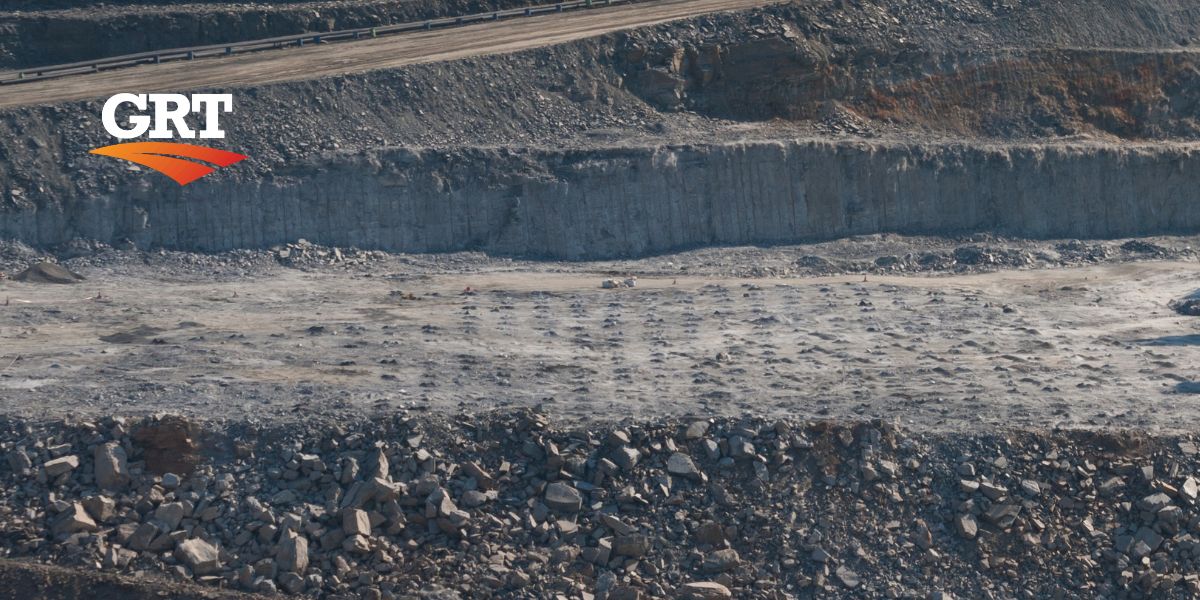Australia’s Energy Transition is starting to break new ground.
And with major clean energy construction projects already underway and many more in the pipeline, the Australian construction industry looks set for a bright and busy future. Yet as we embark on this new journey – alongside the rest of the world – we’re sure to face some of the same challenges that have plagued our iconic projects in a time gone by.
And amid all the positive action, it’s easy to forget that construction sites are inherently dangerous. These sites are capable of generating significant airborne hazards, including those posed by fine particles of dust. So, as one revolution takes its first baby steps, broad improvements centred on worker and environmental safety must occur in unison.
Solving one human problem while causing another is no one’s idea of good practice.
Considering how vital it is to get the Energy Transition right for the sake of our planet and our children, managing workplace hazards like dust particles is a must. Seen through this lens, we can leave a legacy for the next generation. It could involve limitless clean energy and a community of healthier people with new ways to manage the ever-present fine particle and dust danger. Let’s now dive into some of the significant Energy projects on Australia’s near horizon.
Are environmental regulations, health and safety concerns or potential profit loss a concern right now?
Constructing Australia’s Clean Energy Future
Australia is on the cusp of a series of influential energy projects, from purely elemental solar, wind and tidal projects to more involved hydrogen, methane and ammonia ventures.
And while some smaller projects have been completed or are underway, they will be dwarfed in size and scope by what’s to come.
The 300MWh Bungama Big Battery ($2B)
Bungama will house the Renewable Energy Hub of South Australia. With agreements in place, it will serve as the first in a series of investments and lay the foundation stone for a massive solar and storage hub in the state.
During construction, Bungama will create up to 70 construction jobs for a year and 20 ongoing jobs during operations by 2025. We expect two more big battery projects to follow within 18 months.
Sun-Cable: The World’s Largest Solar Array
Driven by Mike Cannon-Brookes, the Sun-Cable project is earmarked for construction in the Northern Territory. When operational, it will generate 20GW of large-scale solar and store up to 40GWh in batteries.
Sun Cable also wants to provide massive amounts of green energy into Singapore via a 4,300 km subsea cable and to Darwin, supporting a gigantic green energy precinct.
Portland’s Million-Tonne Methanol Plant
Kicked into gear with $500,000 from the government, the Portland Methanol project is forecast as the State’s flagship clean energy endeavour.
Capable of producing 200,000 tonnes of green methanol annually, it’s predicted to cost $700-950 million. The plant could convert plantation forestry residue, like trimmed branches and damaged timber, into green methanol and include a 100 megawatt (MW) hydrogen electrolyser.
HAMR Energy says it will produce synthetic gas from tree residues, add green hydrogen, and then react the combination gas with a catalyst to create methanol.
Managing Fine Particles is a Must
There is no hiding from it: Dust, particularly the fine particles, can and does cause severe harm to humans. New Australian models project that silica dust will cause around 10,000 people to develop lung cancer in the future.
With all of our knowledge and much history to draw from, Australia’s Energy Transition and its projects must seek to minimise harm to their workforce, communities and the broader environment. In this way, contrasting the past, we can remember our construction projects for all they achieved rather than the long-lasting health impact on those involved.
If dust control is an issue for your construction, exploration or resource business, check out GRT’s tailored solutions, including our Smart Dosing Units.
If you’d like to talk with an expert, simply contact us!
Your feedback is important to us.
If you enjoyed reading this Global Road Technology industry update and found it informative, please let us know by leaving a REVIEW.
References:
https://reneweconomy.com.au/million-tonne-renewable-methanol-plan-wins-500k-in-state-backing/
https://www1.racgp.org.au/newsgp/clinical/great-concern-for-predicted-silicosis-rates
Troy Adams
Troy Adams is the Managing Director of Global Road Technology (GRT) Specialising in Engineered Solutions for Dust Suppression, Erosion Control, Soil Stabilisation and Water Management. A pioneering, socially conscious Australian entrepreneur, Troy Adams is passionate about health and safety and providing innovative solutions that are cost-effective to the mining industry, governments and infrastructure sectors. Troy is also a tech investor, director of companies like Crossware, Boost, Hakkasan, Novikov and more.

